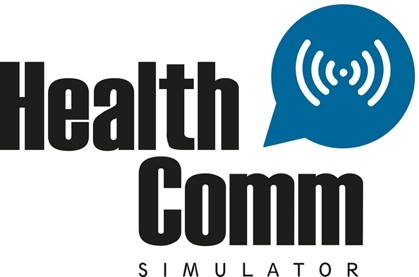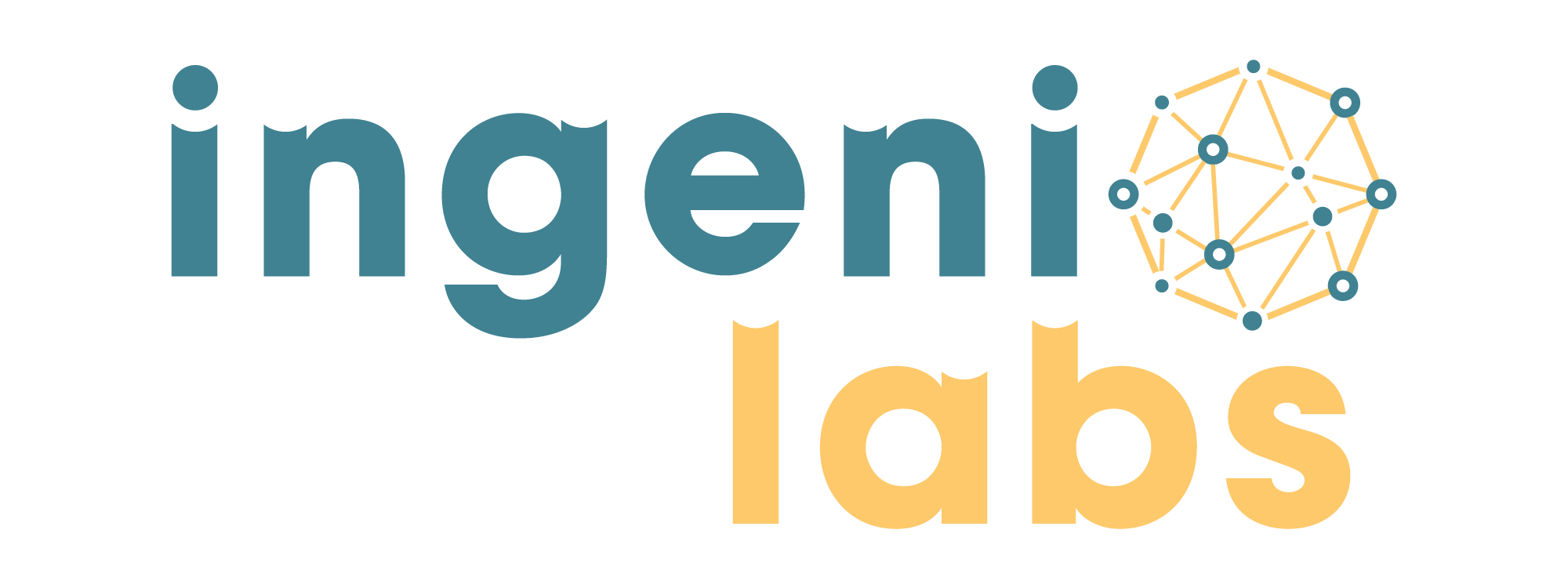 HealthComm Simulator
HealthComm Simulator
Gamified virtual simulation for the acquisition of communication skills by healthcare professionals.
The acquisition and development of transversal competences, especially communication skills, are highlighted by the main world and European forums on education and work as priorities to be taken into account to meet the current and future demands of society as a whole. Currently, communication skills in healthcare professionals are a key element for the implementation of the new healthcare paradigm of person-centred care, as well as one of its greatest deficiencies, as pointed out in numerous studies. In the report recently provided by the European Patients Forum (2017), he points to the social and communication skills of health personnel as a deficit aspect in their training and great need of reinforcement/training. In the training of health professionals, these competencies are considered as a crucial aspect for the adequate professional development capable of facing the new healthcare demands, but they nevertheless encounter numerous limitations for their adequate training.
HEALTHCOMM SIMULATOR aims to promote the acquisition of transversal and basic competences, specifically in the communication of future health professionals of different university degrees, developing for this an innovative pedagogical tool based on a virtual simulation environment capable of providing information in real-time. All this in order to facilitate the transfer of said competences effectively and efficiently to the workplace, thus influencing the quality of health systems and the health of people at the transnational level.
This project will involve a sample of students from different degrees in the area of health sciences, both undergraduate and postgraduate, as well as a sample of health professionals with clinical and academic profiles.
The design is divided into 4 phases: (1) Diagnostic analysis of the situation and framework of similar experiences, (2) Development of resources and the digital tool HEALTHCOMM SIMULATOR, (3) Testing and analysis of the results and (4) assessment and dissemination of the results.
The incorporation of this methodology based on a virtual healthcare environment tool means maximizing access efficiency, costs and learning outcomes, facilitating its implementation from an autonomous and flexible perspective, overcoming physical and temporal barriers. Having this new digital learning resource will make it possible to enhance the transversal competences included in the training curriculum of health professionals from a dynamic and creative framework, assuming a completely innovative approach that provides a digital tool for open use, scalable and expandable to more areas and contents.
In addition to this, the development of HEALTHCOMM SIMULATOR, due to its specific characteristics, facilitates the achievement of transferable learning results to the healthcare system. The acquisition of transversal skills in communication skills has been shown to be a key factor in improving the perceived health of patients, improving adherence to treatment, perceived satisfaction in healthcare processes, and therefore, overall, health quality. The inclusion of this tool in the learning of Health Sciences students in the current study plans also enables training that is closer and more faithful to the real world through interactive, reflective and ICT-driven learning, making to the most competent graduates in these skills and more competitive in the workplace.
PROJECT OBJECTIVES
The main objective is the development and evaluation of a virtual simulation tool for the improvement of clinical health communication that allows increasing the quality of care, user satisfaction with the care received and the specific training and continuous improvement of the different professionals. of health, regardless of whether they are in training or in professional performance. The specific objectives are:
- OE1- Develop a digital tool intended for undergraduate and postgraduate training for training, training and improvement of communication skills with the user.
- SO2- Configure a harmonized pool of valid and reliable items to evaluate clinical health communication skills.
- OE3- Analyze the operation of the virtual healthcare simulation environment.
- OE4- Identify good practices in training for communication with the user.
TARGET GROUPS
- University students in the health field.
- Active health professionals.
- European university centers and health administration.
Regardless of this, the tool can be used or specialized in numerous training areas, such as vocational training degrees, in-depth and continuing training courses, etc.
Improving the quality of healthcare has become a European priority in recent years. This project promotes the implementation of common tools and strategies between countries with the aim of: 1) ensuring that the different EU countries work more closely in the interest of users; 2) meet users’ expectations of receiving healthcare of the highest quality (Directive 2011/24/EU; Cross-Border Healthcare). This perspective of unity and equity between the different European member states is in turn supported by European higher education policy. Specifically, the renewed EU agenda for higher education, adopted by the Commission in May 2017, establishes among its objectives 1) creating inclusive and connected higher education systems, 2) ensuring that higher education institutions contribute to innovation, 3) support effective education systems, applying measures such as the internationalization of teaching. In addition to this, the transnational implementation of the project is proposed in order to assess the independence of the training results from the respective cultural, curricular or social characteristics that affect the group of Health Sciences students.
HEALTHCOMM web link
https://www.healthcommsimulator.com
HEALTHCOMM tool link
